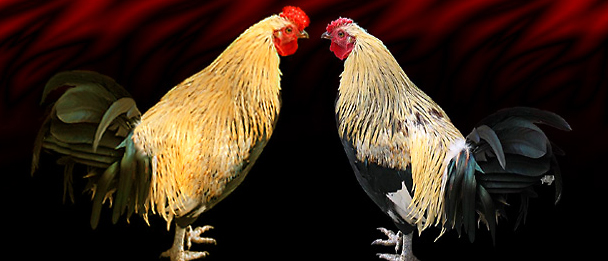- Annotated Bibliography for the Story Project
- Shows importance of sources
- Forces you to actually incorporate them by describing how the source is relevant to your project
- Keeps track of what you’ve read
- Include the actual story source and history
- Backstory of that character or type of hero, does it tell a lesson, etc.
- Criteria for choosing a story
- Relatable, personal connection
- Makes you want to tell and research about it
- Semi-well known so sources actually exist on it
- Find a story: has to be fiction, you connect with, from a different culture, pick any story from a culture that you came from (your origin)
- Expand on research by researching origins and type of story which will help listener understand better
- Performance Plan
- 7-8 minutes of actually performing
- Research really shows in the plan
- 2-4 pages
- See Rubric on blog
- There is a different Rubric for actual performance
- If you use a visual MAKE SURE IT ENGAGES AND DOESN’T DISTRACT
- Bon Air
- V will be coming on Monday nights
- We want to create one final project and we need to determine what type of thing we think it would be best
- Prof. Dolson will be sort of backing out now in hopes that meaningful conversation will naturally occur
- At the Richmond City Jail, inmates thought that the juvenile system failed them as kids, it was not a productive experience, and may have resulted in why they ended back up in the system
- Blog posts
- Write down questions about their stories
- Write about things that bother you about stories that you hear in Bon Air
- Don’t need to understand or solve the problem
- The Truth About Stories
- Begins with a creation story
- The chapters begin with Thomas King hearing the same question on the same story but in a different place asked by a different person
- Story about a story- provides a responsibility to the person listening to do with the story whatever they need to do with it
- “The truth about stories is that’s all we are”
- “You’ve heard it now”
- Showing stories are important though his own life experiences
- What makes this style engaging?
- Style of writing
- Background of story teller makes his perspective more gripping
- Pronoun use like we connects us
- It’s like strung together essays
- Not a lot of quotes can make you involved in the story
- How does this make the flow of it
- His voice: conversational, sort of informal (“screw you”), personal, casual
- Opposite of being a professor more relatable more rambling
- He wants to be different, makes it’s not a forceful digestion of facts/his story but he makes you want to learn about it
- History
- Half-native American
- Grew up liking other worlds and travelling to planets → first glimpse of his own story (wanted to get out of town and escape where he lived)
- He is telling us that he was restless, felt disconnected to the rest of the country and even some of his peers, dissatisfied with his current situation, disappointed
- Had a single mother during a time women were not respected professionals → exposure to injustice at an early age
- His father left them, married two more times, had 7 more kids, and died → he made learning about this a story but what makes something a story?
- Beginning middle and end
- Not in that order though
- Some stories don’t yet have an end
- Truth, lies, and introductions
- Every story has a lie or some sort of misinformation even if it’s true
- Manipulations of time or a specific scene just sticks with you but does remembering it differently than your siblings or not knowing the context make it a lie?
- What about those specific scenes are important?
Related
